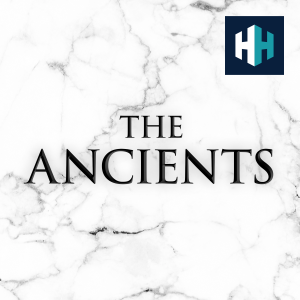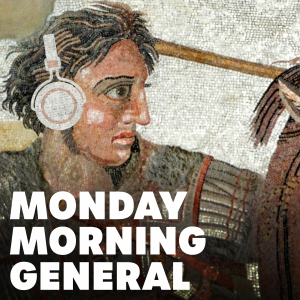

Monday Morning General
https://feeds.zencastr.com/f/ZI7bojC6.rssEpisode List
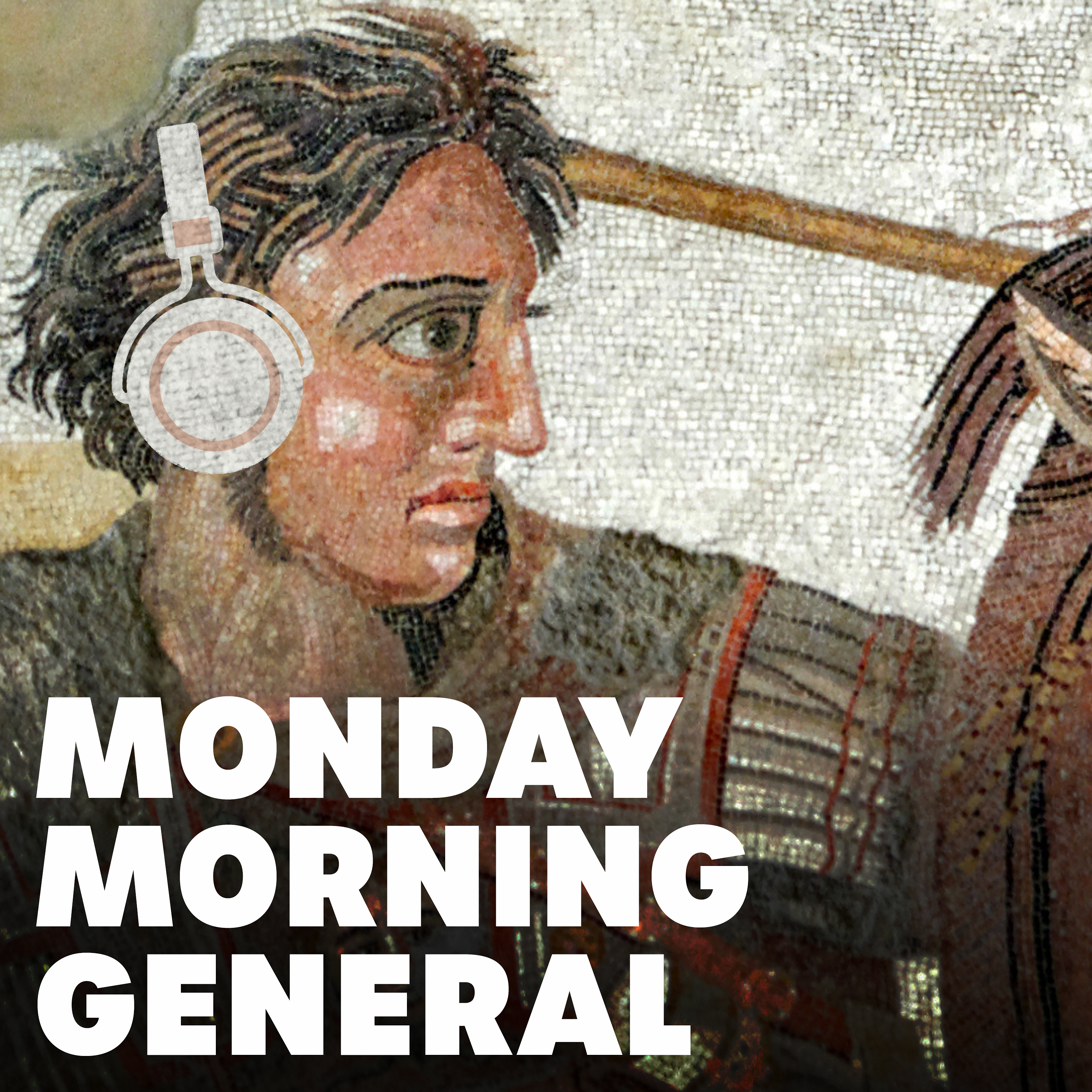
The Battle of Austerlitz part 2
On this episode of the Monday Morning General podcast, we dive into Napoleon's greatest victory at the Battle of Austerlitz in 1805. Learn how Napoleon's strategic genius allowed him to defeat a larger combined Austro-Russian army through deception and executing a devastating counterattack on the Pratzen Heights. We analyze the opposing battle plans, key terrain features, and pivotal phases of the fighting. Discover why Austerlitz represents a masterclass in Napoleonic warfare. Gain insight into Napoleon's leadership, French combined arms tactics, and the lasting impact of this decisive French triumph.
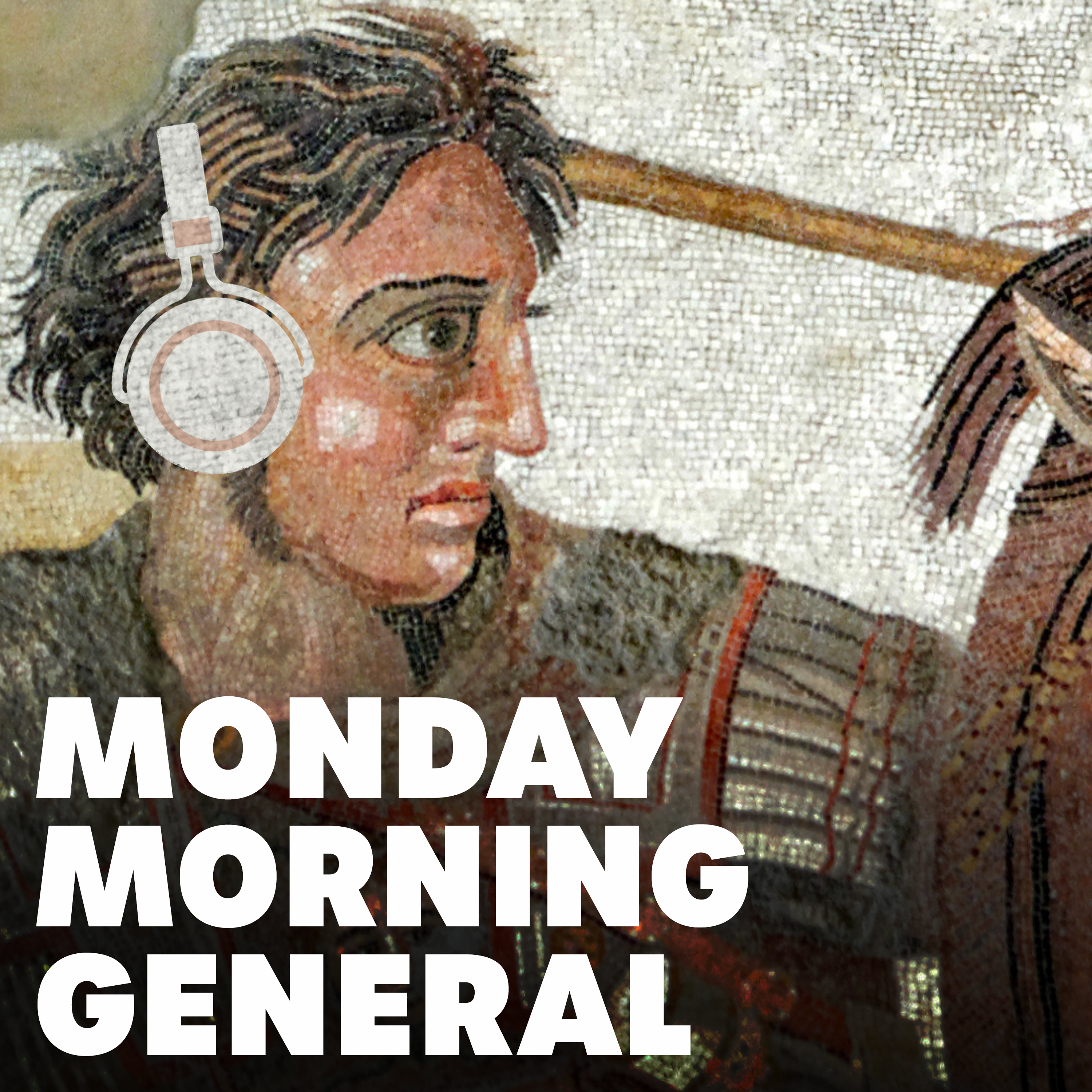
The Battle of Austerlitz part 1 / The War of the Third Coalition
The Napoleonic Wars rage on in this gripping retelling of Napoleon's decisive victory over Austria in the Ulm Campaign. Follow Napoleon's cunning strategy and superior tactics as he outmaneuvers and traps Austrian forces under General Mack.See Napoleon's mighty Grande Armée maneuver with lightning speed across Europe. Witness the dawn of total war and mass conscription of citizens as soldiers. Appreciate how Napoleon masters marching quickly, concentrating his strength, and moving on interior lines to achieve decisive results.Learn the strengths and flaws of the French, Austrian and Russian armies in this climatic era. Gain insights into Mack's reckless invasion of Bavaria and how Napoleon capitalizes on it. See how poor coordination with Russia dooms Austria in the early weeks.Join us for an immersive story on one of history's most influential leaders at his tactical best. Set the stage for the epic collision between empires still to come at Austerlitz. Watch the operational brilliance that lets Napoleon gain the advantage and put his rivals at his mercy.
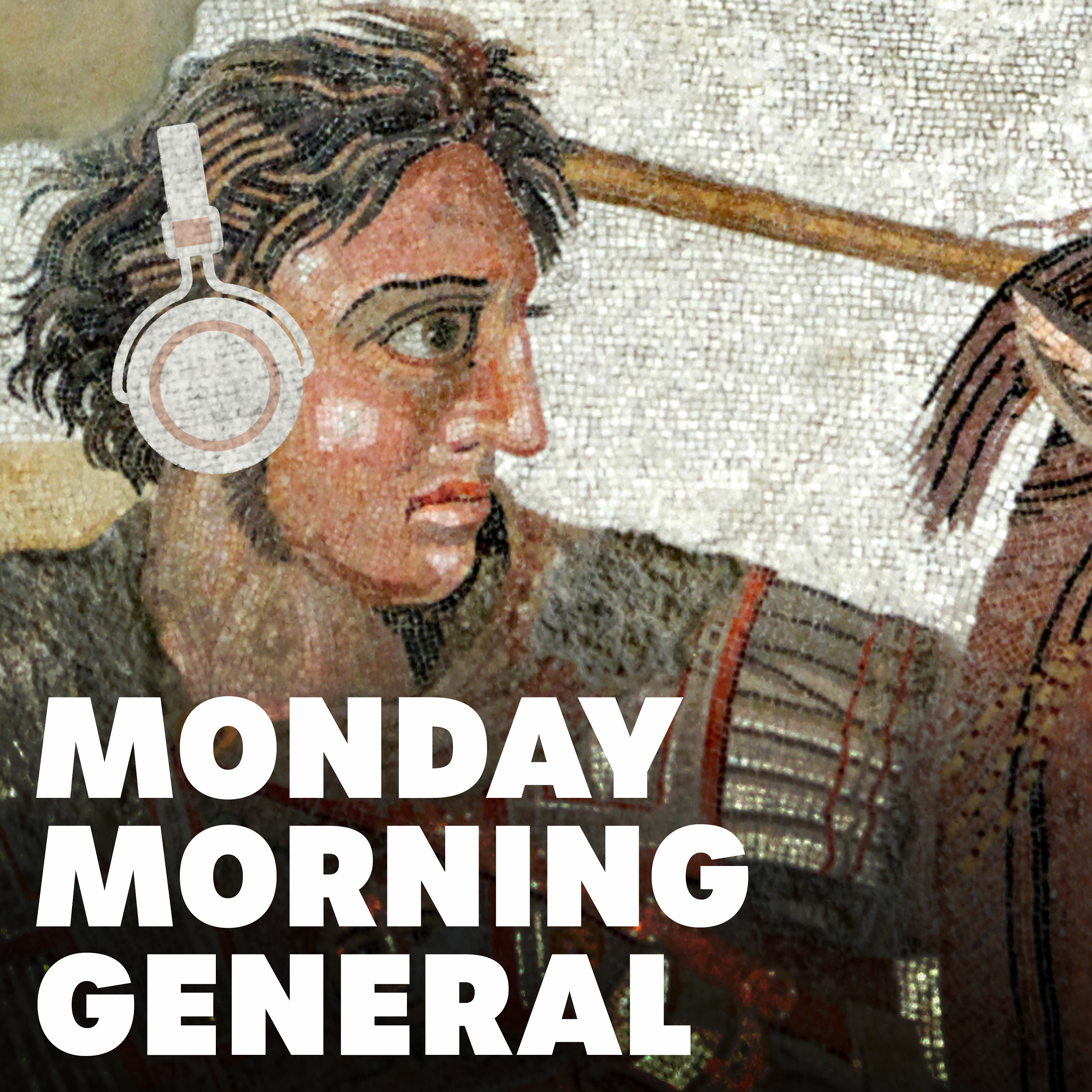
The Spanish Armada part 2 / The Battle of Gravelines
This comprehensive exploration of the Spanish Armada's historical intricacies was led by Brendon, Bjorn, and guest Steve. Throughout the discussion, they critically analyzed the reasons behind the Armada's failure and the subsequent geopolitical shift. They delved into various aspects of the battle, notably the Fireships of Calais and the Battle of Gravelines, emphasizing the strategic blunders of the Spanish, the pivotal role of ship technology and naval tactics, and the aftermath of the Armada's defeat for England and Spain.Key points discussed: The Spanish Armada, a naval campaign initiated by Spain's King Philip II against England in 1588, aimed to overthrow Queen Elizabeth I and reinstate Catholic rule. The Fireships of Calais became a defining moment in the battle, causing disarray among the Spanish fleet and leading to significant tactical shifts. The Battle of Gravelines marked a turning point in the conflict, with the English exploiting superior naval tactics and technology to deal a crushing blow to the Spanish. The Armada faced a decisive defeat, losing a significant number of ships and suffering the loss of many men due to combat, exhaustion, disease, and starvation. Brendon, Bjorn, and Steve dissected the tactical and strategic missteps by the Spanish, including the appointment of an inexperienced leader, inadequate logistics and planning, and an excessive reliance on divine intervention. They also highlighted England's superior ship technology and naval tactics, which provided a substantial advantage in the battle. The Spanish Armada's defeat had significant implications for both Spain and England. For Spain, the defeat triggered shock and despair, marking the commencement of the nation's decline as a major world power. For England, the victory bolstered national pride, consolidated Queen Elizabeth I's rule, and initiated England's rise as a global naval power.

The Spanish Armada part 1 / On a mission from God
In this episode of the Monday Morning General podcast, we examine the background, planning, and initial voyage of the Spanish Armada in 1588. The Armada, ordered by King Philip II of Spain, aimed to invade Protestant England and restore Catholic rule.We dive into the religious tensions, economic warfare, and naval competition that drove Spain and England to war. The show covers how Sir Francis Drake's daring raid on Cadiz damaged the Armada and delayed its launch.You'll learn about the Armada's massive scale - 130 ships carrying over 30,000 men. We discuss the impressive but overloaded Spanish galleons and problems outfitting the fleet. The episode explores innovative English warships optimized for firepower, range, and maneuverability.The voyage itself proved arduous, as contrary winds, fierce storms, and disease battered the laboring Spanish fleet. Despite the ominous omens, the Armada slowly sailed on towards its eventual confrontation with England's Sea Dogs.This podcast is ideal for those interested in: The Spanish Armada and the Anglo-Spanish War Naval warfare in the 16th century Age of Sail Biographies of Queen Elizabeth I and King Philip II Sir Francis Drake and the rise of English sea power Critical naval battles that shaped historyBe sure to subscribe and check back for part two, where we analyze the decisive naval battles between the English and Spanish fleets.

Cannae part 2 / Shattered Legions: The Gripping Account of Rome's Greatest Defeat
This episode continues our detailed look at the famous Battle of Cannae where Hannibal decisively defeated the Roman legions. We'll explore how Hannibal maneuvered the Roman forces into his trap by gradually withdrawing his center and enveloping their flanks with his cavalry and African infantry. You'll learn the gripping play-by-play of how over 70,000 Roman soldiers were slaughtered through Hannibal's innovative pincer movement. We'll also analyze the immense strategic consequences of this battle, including how it shook Roman morale and turned most of southern Italy against Rome. Finally, we'll examine how the lessons of Cannae went on to influence future commanders for centuries to come. Tune in to gain a comprehensive understanding of this pivotal battle that helped define Western military tactics.Please rate and review us on your favorite podcast player. Email us your thoughts, questions and comments at mondaymorninggeneral@gmail.com
Create Your Podcast In Minutes
- Full-featured podcast site
- Unlimited storage and bandwidth
- Comprehensive podcast stats
- Distribute to Apple Podcasts, Spotify, and more
- Make money with your podcast







